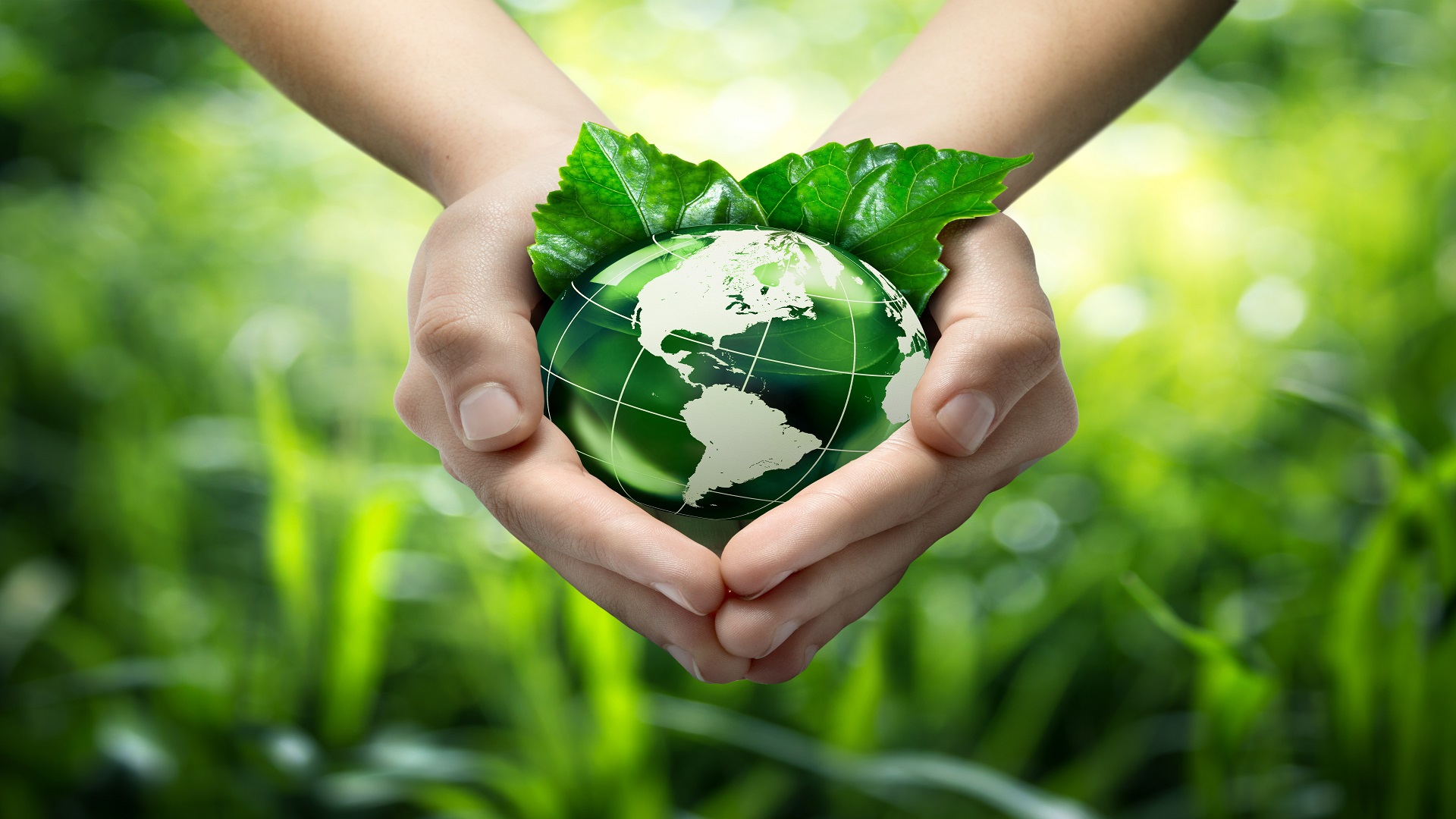Market Overview
The United States is Taiwan’s third largest import partner. With Taiwan’s focus on addressing environmental issues related to climate change, U.S. exporters may find success in Taiwan’s environmental technologies sector. Specifically, there is substantial opportunity in water related systems due to Taiwan’s location, which borders the East China Sea, Philippine Sea, South China Sea, and the Taiwan Strait. Currently, Taiwan faces challenges in air pollution, water pollution from industrial emissions, raw sewage, contamination of drinking water supplies, and low-level radioactive waste disposal. These problem areas provide space for collaboration with U.S. companies.
Market Opportunities
Water and Wastewater
In response to the challenges brought by global climate change, one of Taiwan’s main targets in the water sector is to address problems incurred by floods and droughts. Accordingly, Taiwan announced a 10-year US $5.67 billion plan to improve existing infrastructure, including boosting reservoir capacity by removing sediment, replacing leaking pipelines, and building infrastructure like artificial lakes, wells, wastewater treatment, and desalinization plants. Final details of the plans are not yet available. To succeed, new-to-market U.S. firms will need to demonstrate a track record of international success and cost effectiveness compared to existing in-market competitors. The following technology categories are of interest:
- Wastewater Treatment
Taiwan is promoting goals for effective use and reuse of water. In 2020, Taiwan’s reclaimed water totaled 0.65 million cubic meters per day. By 2031, Taiwan seeks to operate 10% of the country’s public water supply with reclaimed water, which is around 1.32 million cubic meters per day. A list of desired critical items includes the following: equipment for sludge management and sludge removal; raw water quality improvement; systems for odor control; equipment for low molecular weight organic compounds removal; energy-efficient; and reliable water treatment systems.
- Desalination Technology
Taiwan’s Water Resources Agency in the Ministry of Economic Affairs seeks to make seawater desalination a viable, alternate water source and plans to build six new desalination plants, which will present potential opportunities for equipment suppliers.
- Leak Prevention Management
Near the end of 2020, the Taiwan Water Corporation reported a water leakage rate of 13.9% and announced a goal to reduce this rate to below 10% by 2031. Although some solutions have been tested and implemented, opportunities persist for smart water management systems suppliers.
Marine Waste
As Taiwan expands its offshore wind market, ocean observation instruments and equipment will be in great demand. These include climate change observation technologies and deep-sea gas hydrate exploration technologies. Additionally, Taiwan’s geographical features as an island contribute to substantial marine waste problems. In 2019, Taiwan Premier Su Tseng-chang vowed to address the marine debris crisis, which threatens the country’s coastal ecosystem. Su granted over US $235 million to a new program called “Paying Tribute to the Ocean” to manage coastal environment maintenance, floating and sea floor trash cleanup, waste transfers, and recycling between 2020 and 2023. Taiwan’s goals for increased environmental accountability provides significant business opportunities to U.S. firms who have marine waste solutions.
Trade Barriers/Import Tariffs
As a member of the World Trade Organization (WTO) since 2002, Taiwan complies with international trade agreements and bases its tariff schedule on the Harmonized Commodity Description and Coding System of the Customs Cooperation Council. Taiwan continues to make unilateral improvements to its tariff structure on finished goods and raw materials. In 2021, the average nominal tariff rate was 4.14% for industrial products and 15.06% for agricultural products. The overall average nominal tariff rate was 6.34% for imported goods. The U.S. industry continues to request that Taiwan lower tariffs on imports of many products.
Market Entry
USING AN AGENT OR DISTRIBUTOR
Most foreign firms gain their initial foothold in the Taiwan market by appointing a local agent. The prospect of an agent relationship appeals to many Taiwan firms, which are well-known for their trade prowess. If the size of the market warrants, companies may consider setting up a branch office or subsidiary in Taiwan.
Contact Us
Joyce Tang
Joyce Tang is a Commercial Specialist at the U.S. Commercial Service in Kaohsiung, Taiwan since 2018, covering, on a country-wide basis, the environmental sector. For more information, email Joyce Tang.
